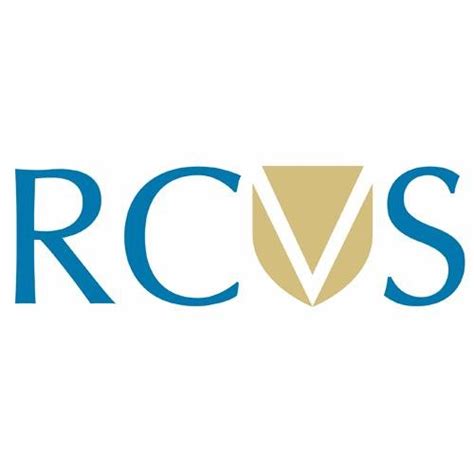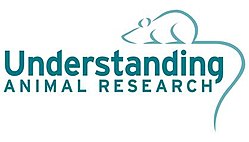The law requires that, wherever animals are kept and used for research, the Institute must employ the services of a Named Veterinary Surgeon to advise on the health and welfare of those animals. Besides the Statutory requirement, being a Named Vet (NVS) is a fascinating, challenging and satisfying career option for professionals.
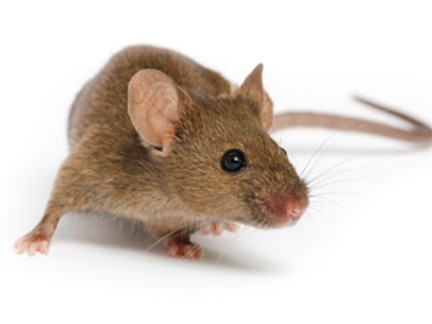
…my daily work involves taking care of mice and zebrafish...
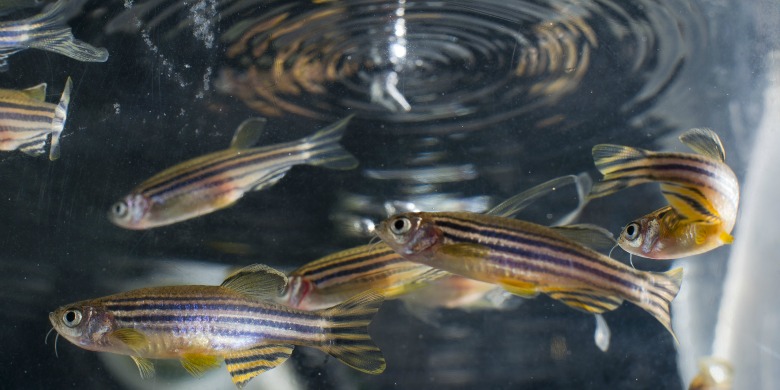
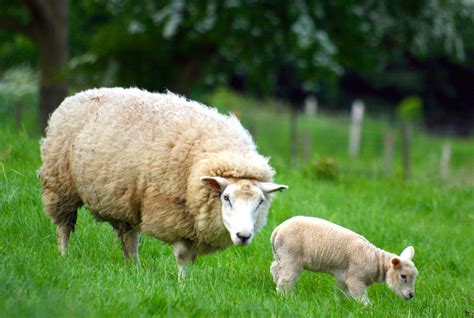
Starting a career as a Named Veterinary Surgeon
Despite being born in a large city, I grew up around animals, had wanted to be a vet since I can remember, and feel very fortunate to have shared my life with both companion and farm animals. My involvement with lab animals began when I joined the Technical Support team of a global animal health company after 4 years in general practice; the animals and work intrigued me immediately and I became a lab animal vet full time! Instead of working with pets, my daily work now involves taking care of mice and zebrafish, as these are the species most commonly found in research.
Named Vets are also employed in some Universities and pharmaceutical companies but many are freelance and work for independent companies, like OWL Vets, providing services to those who need us.
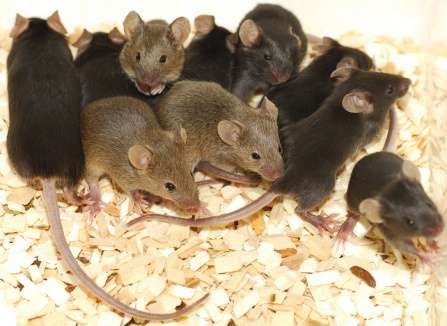
Animal health & welfare
Being a lab animal vet has similarities with both companion and farm animal practice, in that we help to manage relatively large groups of animals (for example fish and mouse colonies) while also caring for individuals too. We are also closely involved in the legal aspects of managing this work to achieve best practice, including Ethical review of Licences, as well as with other animal-related legislation, such as exports.)
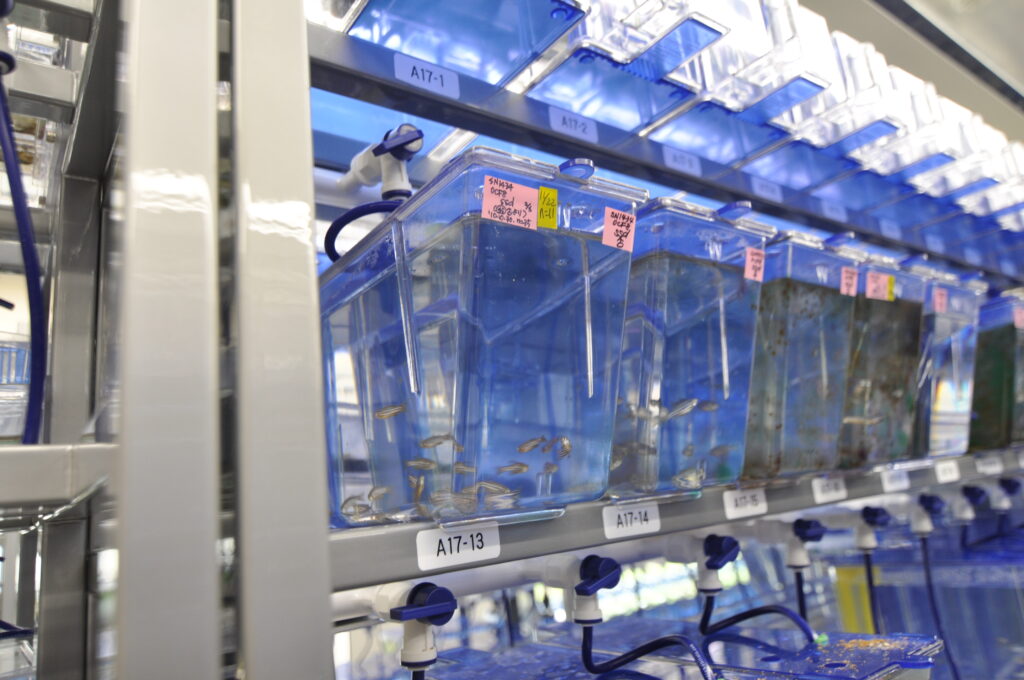
Vets also promote the 3Rs to Replace, Reduce and Refine use of animals in research
For more information about the 3Rs, see:

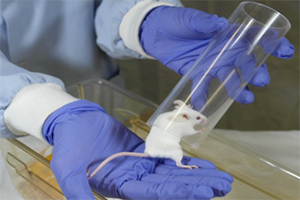
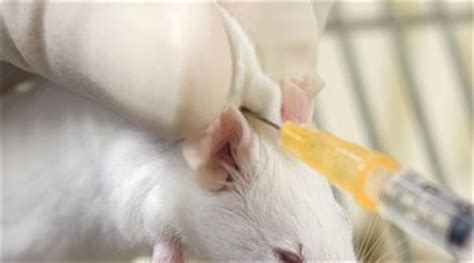
Humane use of animals
Much of what vets do promotes the “Refinement” area of the 3Rs [Replacement, Reduction & Refinement of animal use], in that we reduce the potential impact of any procedure on the animal.
For example, we advise on optimal management of breeding colonies, modern anaesthetic methods, how to administer a substance orally rather than by injection, and ensuring that the housing allows the animal to meets its behavioural and physical needs. Training and education is an integral part of my job (and I never stop learning too).
there’s a great peer support network for new entrants to the field
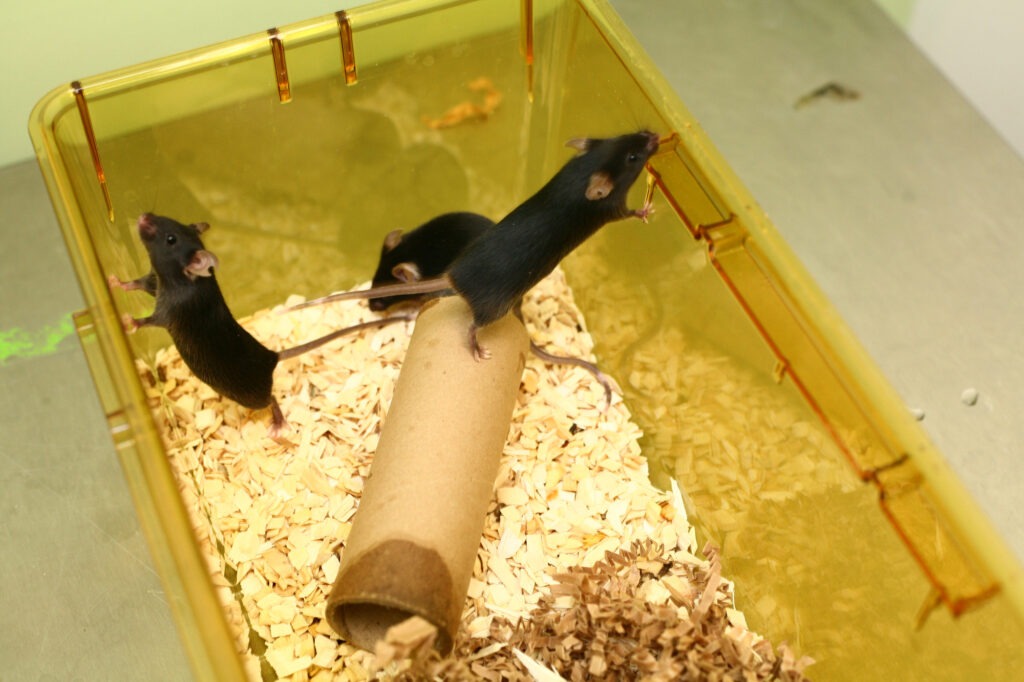
Animal welfare
Being a Named Vet is a challenging role, as the use of animals in research is currently a necessary compromise, but working with such knowledgeable, dedicated animal technicians and world-class research scientists to achieve best practice, makes it a rewarding one too.
There are relatively few vets who specialise in this area, so we’re kept busy, and would welcome even more welfare-oriented veterinary colleagues to join us!
As with other branches of practice, post-graduate training and qualifications are available, and there is a great peer support network to help new entrants to this field.
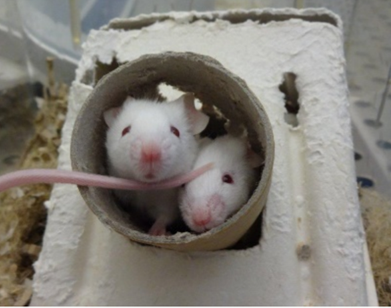
OWL Vets and Red Kite Vet Consultants jointly run a training course for Named Veterinary Surgeons. For more information, click here:
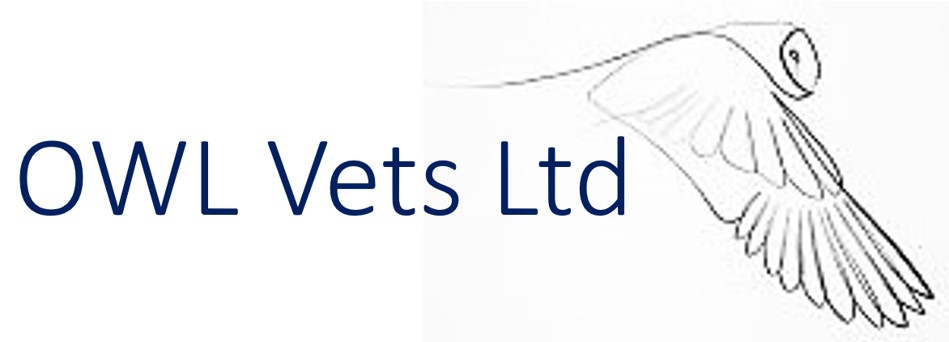
Contact@owlvets.com
